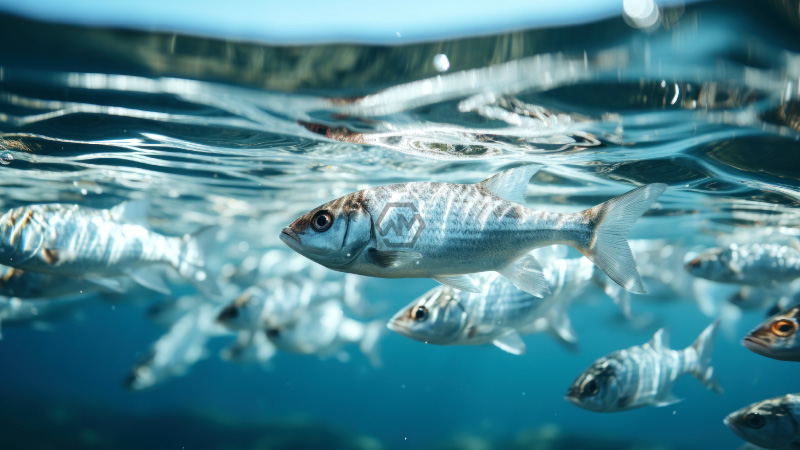- European Commission approves PEFCR for marine fish products.
- Methodology covers wild-caught and farmed fish across full lifecycle.
- Aims to support sustainability claims and future EU green directives.
The European Commission’s endorsement of the Product Environmental Footprint Category Rules (PEFCR) for marine fish marks a pivotal moment in environmental policy for the seafood sector.
The approval is part of a broader EU initiative to promote transparent and science-based sustainability claims. While voluntary for now, the PEFCR is expected to support future regulations like the EU Green Claims Directive.
Standardizing Sustainability: Marine Fish PEFCR Receives EU Approval
The Marine Fish PEFCR provides a harmonized method for calculating the environmental footprint of fish products, taking into account 16 environmental impact categories. Although it excludes crustaceans, molluscs, freshwater species, and processed products, it sets a strong foundation for future assessments across broader aquatic food sectors.
This initiative was the result of collaboration between industry stakeholders and regulatory bodies, including the European Feed Manufacturers’ Federation (FEFAC). With tools such as emission balance models and data quality reports, the methodology is designed to help producers improve sustainability and transparency in their operations.
While the PEFCR is comprehensive, it currently does not account for biodiversity—a critical component in evaluating ecological impact. Discussions are underway to integrate biodiversity metrics into future updates, signaling that the framework will continue evolving alongside scientific advancements.
The Market Advisory Council has voiced concern that the PEFCR may present administrative hurdles, especially for SMEs. They argue for more accessible guidance and streamlined processes to ensure the framework benefits all players in the market, without introducing confusion or regulatory fatigue.
The Marine Fish PEFCR sets a significant precedent for environmental accountability in seafood production, paving the way for more consistent, transparent, and actionable sustainability practices across the EU.
“You can’t manage what you don’t measure.” – Peter Drucker



